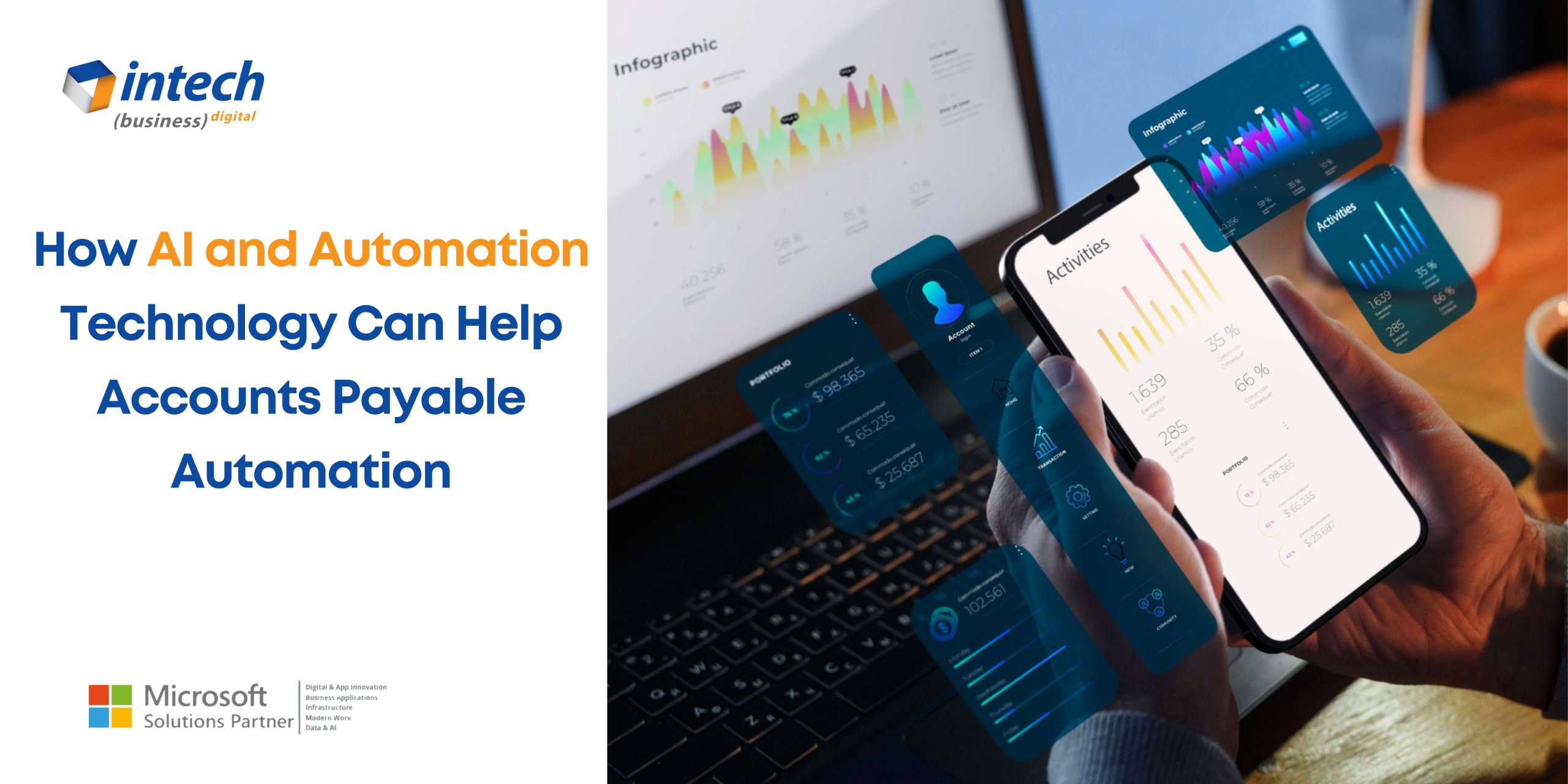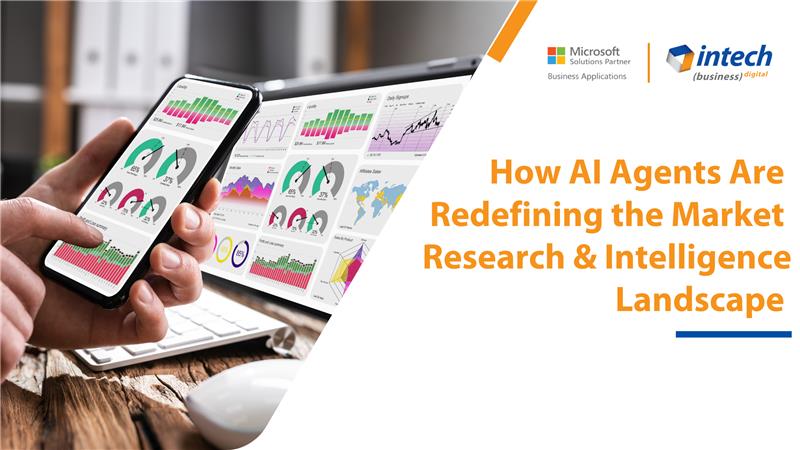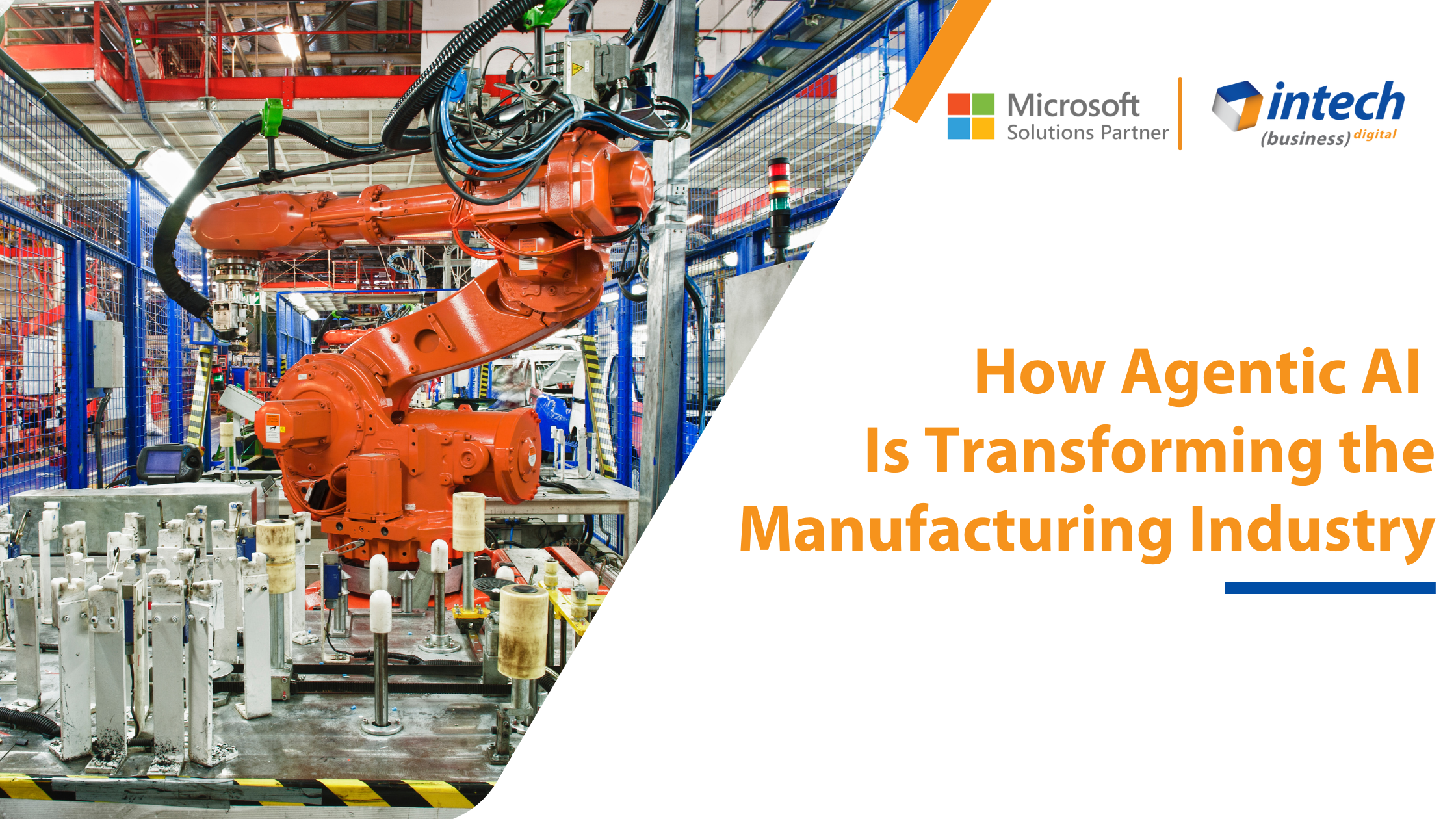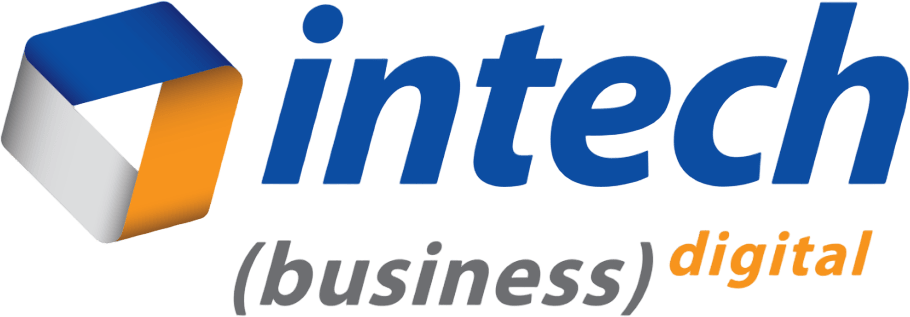How AI and Automation Technology Can Help Accounts Payable Automation

In today’s dynamic business environment, an efficient accounts payable function is one of the prerequisites of remaining competitive. Traditionally, Accounts Payable processes were manual, labour-intensive, and very prone to errors. Which resulted in inefficiencies and inflated operational costs, and the relationships with vendors began to deteriorate. Accounts payable process automation transforms the handling of invoices, processing of payments, and preparation of financial documentation, addressing these challenges and optimizing operations.
A 2021 report by Levvel Research reveals that 42% of surveyed organizations have yet to implement dedicated AP automation software. Among those relying on homegrown solutions, a striking 70% expressed significant dissatisfaction and a strong inclination to transition to specialized automated invoice processing systems.
The report also highlights that 47% of organizations still resort to scanning and emailing or even mailing physical copies of invoices. Traditional methods can cost as much as $12-15 per invoice, while automation can slash these costs by up to 80%.
In a 2022 survey by PYMNTS.com, CFOs shared their thoughts on how automation is shaping their businesses. Most CFOs, about 57%, see automation as a way to innovate and enhance the way we work. Meanwhile, 43% believe its main benefit is making operations more efficient and reducing costs.
Clearly, adopting automated invoice processing software offers substantial benefits, not only in terms of cost savings but also in streamlining operations and saving valuable time.
The article covers major aspects of accounts payable automation, the technologies behind this process, and its huge benefits.
9 Compelling Reasons CFOs Are Turning to Invoice Automation in 2024
- Data Entry Errors: Manual data entry has been one of the major pain areas in traditional AP processes. Human mistakes in recording invoice details lead to differences, delayed payments, and, at times, even litigation. Automation reduces such inaccuracies primarily by using AI-based data extraction tools, ensuring the capture of invoice details accurately and their subsequent processing.
- Processing Delays: These manual approvals for invoices often go through multiple layers of verification, thus leading to delays and at times, very expensive ones, such as late fees and strained vendor relationships. Automation quickens these cycles by routing invoices quickly to the right stakeholders, thereby shrinking the time it takes to process payments and improving overall vendor relations.
- Inefficiencies in Workflow: The invoices get lost in the shuffle, bottlenecks occur, and there are inequities in organizations. An automated system enhances workflow because it digitalizes invoices, and above all, provides a clear mechanism for tracking. Thereby, all invoices are effectively and promptly submitted.
- Lack of Visibility: This is one of the serious flaws of manual processing of invoices. Real-time status visibility of an invoice and its payment are, therefore, inherently missing. Automation offers real-time tracking and reporting that provides better control for a business over its future payment schedules and liabilities critical to cash flow management.
- Compliance challenges: One must comply with regulatory requirements as far as financial operations are concerned. The avenue of compliance through automated systems comes in the way of standardization of processes involved, risks of non-compliance reduce, and an all-inclusive audit trail is created.
- High operational costs: Manual processing of invoices involves high costs in labour, paper, and storage. The automation process curtails these costs through reduced manual intervention, digitization of the invoices, and electronic storage of the same that, therefore, contributes to cost-saving and sustainability.
- Cash Flow Management: Good cash flow management is instrumental in maintaining good financial health. Automation enhances visibility of the cash flow to make better and more accurate predictions for financial planning and decision-making and to keep a business running on liquid grounds for meeting financial obligations with no hassles.
- Data Analysis Challenges: It is quite time-consuming to extract any useful information from the invoice data. In this case, automation makes it really easy by analysing data using AI and providing valuable insights into financial planning and optimized management of cash flow.
- Security Risks: Of all the information available within an organization, financial information is of a very sensitive nature, and its security is therefore of essence. Automation of systems with robust techniques of encryption and access controls guards financial information well against unwanted eyes or even breaches.
Why AI is essential for Modern Accounting?
Traditional accounting operations often hinge on manual processes, extensive paperwork, and repetitive tasks. These include data entry, invoice processing, and financial analysis—critical activities for decision-making, operational planning, and risk management.
However, these manual methods come with notable drawbacks:
Error-Prone: Manual data entry is highly susceptible to errors. Mistakes in fields like invoice numbers, dates, and amounts can significantly impact accuracy and compliance.
Time-Intensive: Manual accounting tasks are time-consuming, requiring long hours to reconcile accounts, generate reports, and perform financial analysis. This can delay financial reporting and decision-making.
Synchronous Communication: Heavy reliance on synchronous communication can be problematic.
Have you faced situations like these?
- Approvals stall until the CFO and Business Head are available for a call.
- Line items remain unresolved until the Accounts Payable team schedules a meeting.
Key features of AI-powered AP automation solutions
The success of an accounts payable (AP) automation solution depends on the seamless integration of advanced technologies. At Intech, our AI-powered AP Automation Solution showcases this by bringing together a range of Microsoft technologies. These technologies work in perfect harmony, making the process of managing accounts payable more efficient and accurate.
Application & Database:
Microsoft Power Apps – (Canvas App): This is the platform on which an organization can create custom applications that would then be deployed in automating and managing invoice processing workflows.
Microsoft SharePoint/Dataverse: These databases keep the data of the invoices securely, integrate with the rest of the systems, and provide a ‘single source of truth’ location for financial records.
Microsoft AI Builder: This is the AI model that is created in advance to extract data from electronic documents like invoices at a faster rate than before, hence reducing manual input and reducing errors due to wrong data input.
Automation & Integration – Microsoft Power Automate: Automates routing of invoices for approval, sending notifications, and integration touchpoints with other systems.
Email Integration APIs: Automates the process of sending invoices and reminders for payments. This will ensure that all communications relating to vendor payments are sent on time.
Custom Connectors/Scripts for API Integration: These ensure that integration with third-party systems like (Client’s Data management system – Client’s Business Central /SAP ) is seamless and allows for free flow of information between the platforms.
Document Storage – SharePoint Document Library: The repository that holds all digital invoices securely in one place and safely keeps them for swift access, retrieval, and management of financial documents.
What Implementation Looks Like
Implementing an Accounts Payable (AP) automation solution involves several key phases to ensure a smooth transition and maximize the benefits of automation. The process starts with an assessment of your current AP workflow to identify inefficiencies and opportunities for improvement. Next, the solution is customized to fit your specific business needs, integrating seamlessly with your existing financial systems. This phase includes thorough testing, training for your team, and ongoing support to address any issues that arise.
Stakeholder Benefits:
Finance Teams: This implementation means more streamlined processes, fewer manual tasks, and greater accuracy in financial reporting.
IT Departments: They benefit from enhanced security and integration capabilities.
Senior Leadership: They can expect improved decision-making capabilities due to more accurate financial data and reporting.
Overall, the business stands to gain from reduced costs, increased operational efficiency, and a more secure financial environment.
Next Steps
Book Time with Our Automation Expert: Discuss your company-specific use cases to map your automation journey. Get a quote from Intech to help understand your total cost of ownership (TCO) and Return on Investment (ROI).
Conclusion
Automating the accounts payable process today is needful, not for getting done with the competition, but to increase efficiency, accuracy, and security over financial activities. It addresses all the challenges of manual invoice processing, providing an opportunity for organizations to maximize the benefits of their AP processes, reduce operational complexities, and save significantly on costs. With more firms adopting automation, those that continue to rely on manual processes risk falling behind. The time to invest in an AI-powered solution is now, to get a head start on competitors and empower your finance teams.
About Intech
Intech Systems is a three-cloud Microsoft-certified partner that boasts deep expertise in providing digital transformation solutions for organizations by leveraging the Microsoft 365, Dynamics 365, and Azure solution stack. Intech is recognized as a top-tier Microsoft implementation partner globally and specializes in transformative technology solutions such as ERP (Enterprise Resource Planning), CRM (Customer Relationship Management), Business Process Automation, Business Intelligence, Cloud Infrastructure, Data Management, Productivity & Collaboration and Generative AI (Gen-AI) solutions. As a trusted Microsoft Solutions Partner, we are capable of doing complex technology implementations catered to an organization’s specific needs & also rapid solution implementation such as our Microsoft Dynamics 365 Business Central implementation packages. We pair our implementations with end-to-end customer support, offshore development & 3rd party integrations. With offices in India, USA (United States of America), and Singapore, we work with clients across globe to empower businesses with cutting-edge technology solutions. Our latest services aim at delivering business ready AI solutions to the customer, like our Microsoft Copilot Consulting Services & Solutions for small, medium & large enterprises. Intech’s expertise lies in building software solutions for Manufacturing, Professional Services & Healthcare. Our Dealer Management System, Sales and Service CRM for Manufacturing, Field Force Automation for Pharmaceuticals and Manufacturing Central are some of our leading industry solutions. Intech’s vision is to catalyze digital futures for operation-centric industries globally, we are at the forefront of innovation, helping organizations drive growth and innovation like never before. Contact Us to learn more.
Let’s make your workflow smoother together!”

Looking for a Microsoft Partner you can trust for project implementation?
What's New

Top Reasons to Replace Dynamics GP with Business Central [2025]
Introduction: The clock is ticking for businesses still operating on Microsoft Dynamics GP. While it...

How AI Agents Are Redefining the Market Research Landscape
Do you know your competitors are decoding consumer behavior in hours using AI agents that...

How Agentic AI Is Transforming the Manufacturing Industry [2025]
Introduction Did you know that 91% of manufacturers are planning to increase their investment in...



